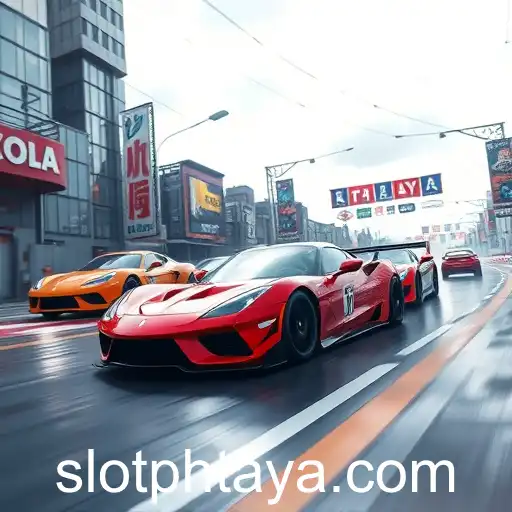Racing games have long stood as a pillar in the vibrant world of video gaming, appealing to thrill-seekers and strategic thinkers alike. From the adrenaline-pumping races to the intricate planning required for conquering circuits, the genre offers a versatile playground where speed, strategy, and simulation unite to create exhilarating experiences. A key aspect of racing games is their progression, which has been consistently shaped by technological advancements and player preferences.
In the formative years of video gaming, titles like 'Pole Position' and 'Out Run' set the groundwork for what was to become a beloved genre. These pioneering games provided players with a taste of speed, even if the graphics and mechanics were rudimentary. As technology advanced, so too did the complexity and realism of racing games. The introduction of 3D graphics and physics engines, exemplified by such iconic franchises as 'Need for Speed' and 'Gran Turismo', elevated the genre, offering gamers a more immersive racing experience.
These advancements didn't just halt at better visuals or car models. Developers tapped into diverse inspirations, expanding the racing genre with various subcategories. Sim racing games like 'Forza Motorsport' focused on replicating real-world driving conditions, where car tuning and weather effects influenced race outcomes. On the other hand, arcade-style games with a simpler, more straightforward appeal, like 'Mario Kart', became famous for their fun, chaotic races and creativity in track design.
An emerging trend in racing games is the incorporation of open-world exploration, seen in titles such as 'Forza Horizon'. These games break away from traditional racetrack boundaries, allowing players to roam expansive environments, undertake missions, and engage with a wider community, enhancing replay value and player engagement.
The demand for multiplayer features has also driven innovation within the genre. Online multiplayer racing, championships, and esports have become immensely popular, turning casual racers into serious competitors. With platforms like 'iRacing' offering a professional racing experience, virtual competitions often mirror real-world motorsport competitions, bridging fantasy with reality.
In sum, racing games symbolize more than just speed and victory. They embody a spectrum of experiences, blending simulation with adrenaline in a package accessible to a wide audience. As technology evolves, so will the landscapes of these games, promising new generations of high-speed thrills and strategic challenges for gamers worldwide.

Explore the dynamic world of racing games, a genre that has captivated gamers with its speed, strategy, and realistic simulation. Discover how this category has evolved over the years, influenced by advancements in technology and gameplay innovations.




